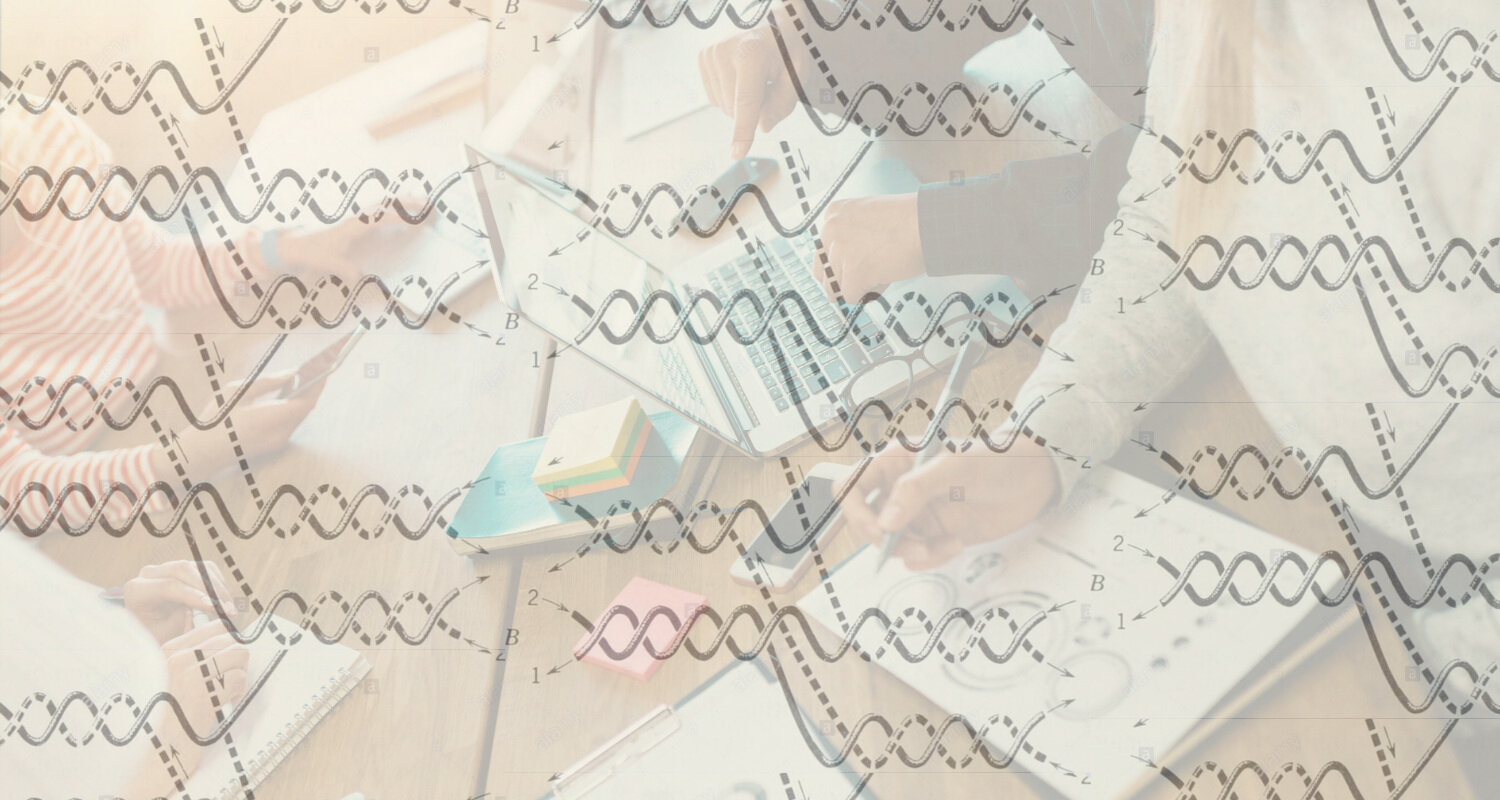Reframing Arts and Humanities
February 2025
In this piece I challenge the priority given to STEM subjects in translational research, and argue that Arts and Humanities are key players in the UK economy, contributing at least as much as STEM subjects. As such, they require policy targeted at their specific needs. Above all, they should be placed at the frontline of research and innovation policy. Read more on the Higher Education Policy Institute blog.
False dichotomy between scientific excellence and positive research culture
September 2023
As long as humans act together to produce research, it cannot but be cultural. Research and culture are not each other’s opposite; culture is something like science’s unconscious, shaping behaviour (and science!) without our being aware of it. This is what I argue, with Shomari Lewis-Wilson of Wellcome, in this opinion piece published by THES, 19th September 2023.
How to catalyze a collaboration
September 2023
Interdisciplinary collaborations are essential for effective science that is able to engage with real-world problems. They are also really difficult and genuine interdisciplinarity, where there is a degree of fusion between discplines, is rare. Annamaria Carusi was lucky enough to be involved in one of those rare cases, the CIAO project, which used a framework initially developed for regulatory toxicology, to build up knowledge about the pathways of Covid19. What did we learn along the way? Four essential ingredients for productive interdisciplinarity: 1) proactive management and leadership; 2) organisation; 3) making things explicit; 4) forging a common language together. Read more.
AI for healthcare is a socio-technical system
March 2023
Explainability and transparency are major challenges for AI in healthcare systems. Our comment in Nature Machine Learning summarises the research of the AI in the Clinic project, outlining how to address these challenges. Short answers: collaborate with end users from the outset, bring them into the process of development as much as possible, and make sure they’re involved in setting the criteria of evaluation. And stop thinking of AI as artificial. It’s not just a techy thing, it is a complex sociotechnical system. Get better at dealing with the ‘socio’ part.
Crossing boundaries of sciences, methods, approaches and organisations: A podcast series
As part of the BeAMS project, Annamaria Carusi, Director of Interchange Research, hosted a series of conversations with scientists in different contexts and organisations, asking them how they go about cross-disciplinarity in all its forms. Learn more about the series, and find links to the episodes, here.
Student-supervisor interactions are key to research culture change
December 2022
Annamaria Carusi was interviewed by Tony Bromley for the Research Culture Unconvered podcast series. She talked about the ERC project, the community of practice approach, supervisory practices, mental health, and more.
Listen to the podcast here.
Coronavirus, bodies and environment
How do diseases like coronavirus get their start? How does pollution affect the microbiome? Dr. Annamaria Carusi, who worked as an academic in medical humanities for several years and is now a private consultant doing social studies of science for policy formation, addresses the way humans and environments interact. In this conversation with Medical Humanities Editor-in-Chief Brandy Schillace, she also discusses our need to take a wider view of disease vectors. Listen to the podcast.
Coronovirus: The three types of vaccine hesitancy authorities need to combat
October 1, 2020
There are high hopes that one or, with any luck, several of the COVID-19 vaccines in development will bring an end to the pandemic. The most promising are often invoked in government briefings and by the media, with their progress closely followed. Optimism is tempered by uncertainties regarding how effective any vaccine will be. Read the article.
Things and Trends: Images of Covid-19
April 22, 2020
Images of COVID19 are powerful in their own right and subtly or not so subtly inform how we relate to this pandemic. There are, of course, many COVID19 images, which will no doubt yield rich analyses in good time. I offer here just a quick impression of two kinds of images that I find striking in the way they show the pandemic under different, even opposed lights, one showing it to us under the aspect of individual things, and the other under the aspect of aggregated trends across groups. Read the blogpost.

